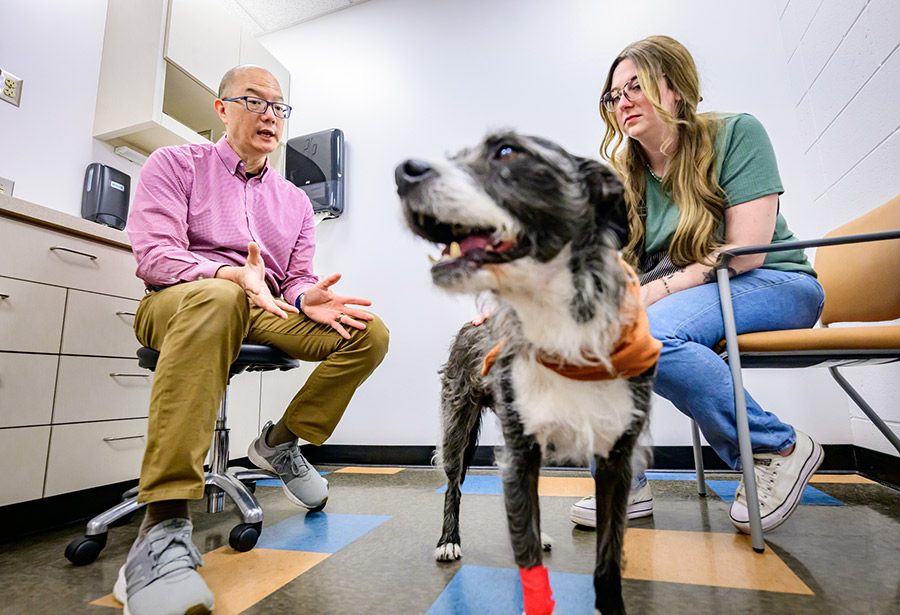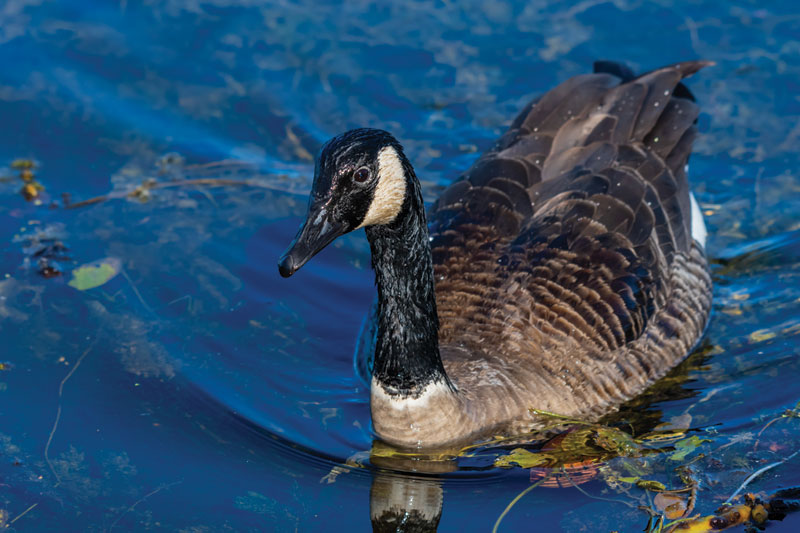Experts at the University of Illinois College of Veterinary Medicine have created a comprehensive website to help beef cattle producers implement on-farm biosecurity measures.
“Biosecurity” refers to farm management practices to prevent disease introduction or spread on farms.
An outbreak of a foreign animal disease (i.e., one not currently found in the U.S.), such as foot and mouth disease, would have a devastating impact on the $80-billion-a-year beef industry as well as other sectors of the economy.
In the absence of biosecurity measures, infectious agents that are already present in the U.S., such as the virus that causes bovine viral diarrhea, also inflict significant losses on farms by impairing the fertility and growth of cattle.

Beef Cattle Biosecurity is an interactive website that features:
- The DOs and DONTs of beef cattle biosecurity
- Six modules that explain beef cattle health, diseases, and biosecurity in a concise and jargon-free manner
- “Test Your Knowledge” quizzes
- Downloadable infographics to help train and educate farm employees
- Downloadable signs to be posted on farms to identify bio-secure areas and other safety measures
- Links to beef cattle health, management, and biosecurity resources for farmers
The website walks producers through the steps of creating a farm-specific biosecurity plan.
Benefits of a Biosecurity Plan
Creating a biosecurity plan is not costly, advises Dr. Rima Shrestha, a postdoctoral research associate who helped create the website. Rather, it is a cost-saving step to help producers detect problems that could lead to farm losses.
“A poor or no biosecurity plan is an open invitation for foreign pathogens,” says Dr. Shrestha, “and, unfortunately, disease outbreaks cost a fortune for all.”
“Having an effective biosecurity plan on cattle farms is essential to prevent the introduction and spread of high-consequence infectious diseases,” says Dr. Csaba Varga, an assistant professor of infectious disease epidemiology in the college. Dr. Varga is the principal investigator on the project, which received Farm Bill funding through the National Animal Disease Preparedness and Response Program.
Dr. Hamidreza Sodagari, a postdoctoral research associate, also contributed to the new website. “Strict farm-level biosecurity not only protects producers and the national economy from the consequences of disease outbreaks,” he says, “but also improves farm productivity and profitability.”




